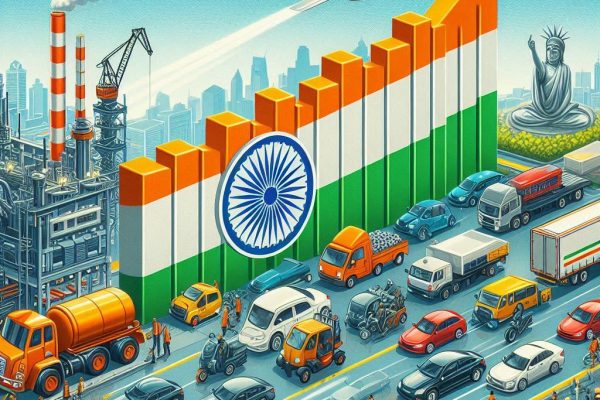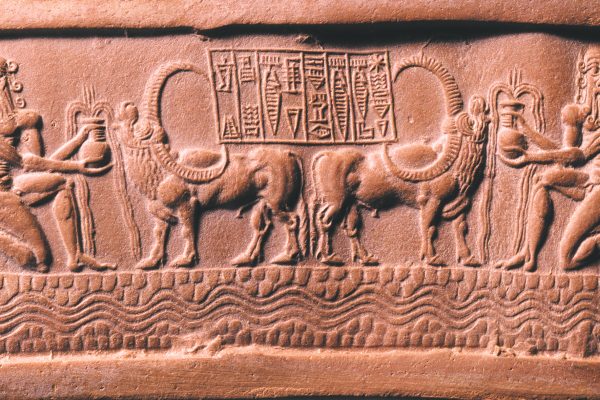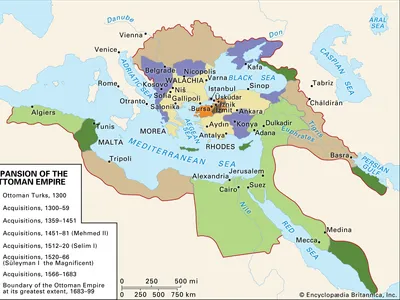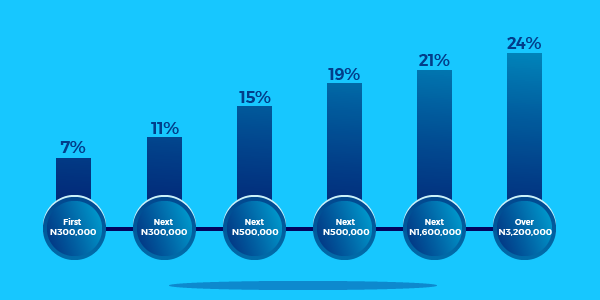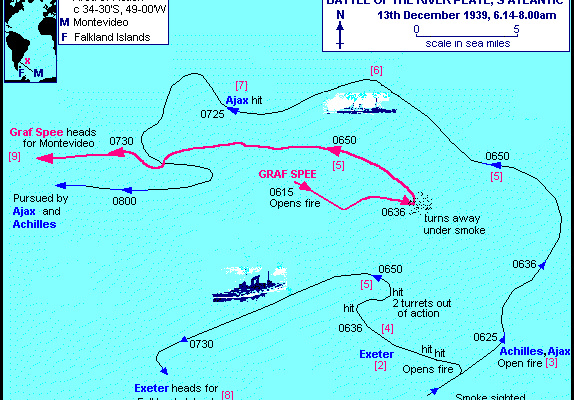
The Battle of the River Plate: Detailed Analysis of WWII’s First Major Naval Clash
The Battle of the River Plate, fought in December 1939, marked the first major naval engagement of World War II. This clash involved the German pocket battleship Admiral Graf Spee and three British cruisers: HMS Exeter, HMS Ajax, and HMS Achilles. The battle showcased the strategic prowess of the Royal Navy and highlighted the challenges faced by German surface raiders. The subsequent scuttling of Graf Spee in Montevideo harbor underscored the global nature of the conflict and remains a significant episode in naval history.








